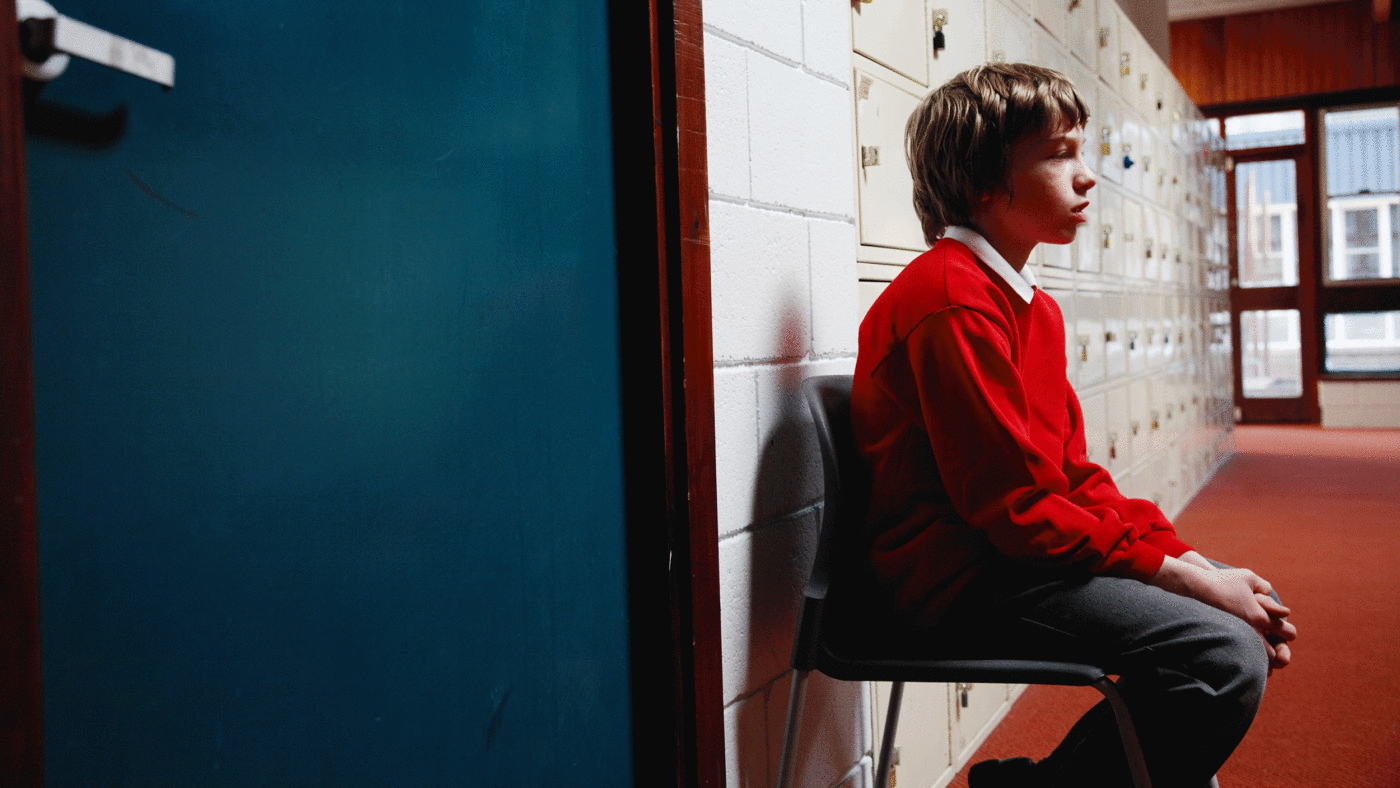Keir Starmer today set out Labour’s plans for education and he had plenty to say about the recruitment and retention crisis facing our schools. But pandering to Unions with bonus payments will only get him so far – a brave leader would acknowledge that one of the biggest factors driving teachers away from the profession is poor pupil behaviour.
Geoff Barton, General Secretary of the headteachers’ union ASCL has said that behaviour is ‘unrecognisable’ since the pandemic, and disruptive students are one of the most frequently quoted reasons for teachers quitting the profession early, along with weak and ineffective leadership which fails to tackle (or to even admit) bad behaviour. And the facts speak for themselves; themselves: last academic year, over 9% of the profession quit, of which only about one tenth retired whilst, on the day of writing, there are 713 vacancies for secondary maths teachers, 692 for science and 688 for English. It should be obvious that if pupils do not behave, they will not learn; if teachers cannot do their job, they will leave the profession.
I’ve experienced this first-hand. When I took over the headship of my second school, pupil behaviour was appalling – kids swearing at staff (even senior staff) was a frequent occurrence, group or practical work in class was almost impossible, and the school roll was falling as parents witnessed poor pupil behaviour in the streets. Consequently, staff morale was rock bottom – most felt they could not teach, only childmind, and some admitted to feeling nervous about going to work. I introduced a very clear, ‘one warning only’ policy and an absolute zero tolerance approach to rudeness, defiance and violence, which Ofsted said helped ‘transform’ the school into a safe, happy, disciplined, successful and oversubscribed school of choice.
So the blame for behavioural problems lies largely with the leadership of individual schools. Although serious issues remain, such as the need for more quality provision for excluded pupils, the law on the management of behaviour – detentions, suspensions, permanent exclusions, searching of pupils etc – is clear. The most recent Ofsted Frameworks have referred to suspension and exclusion as being a ‘vital tool’ in maintaining good behaviour and the latest statutory guidance states that, ‘Schools and local authorities should not adopt a “no exclusion” policy’. Heads should not, therefore, be afraid to resort to firm measures whenever necessary.
But good behaviour is not solely dependent on the application of punitive sanctions. As I outline in a new report, the schools with the best behaviour also have dynamic and engaging teaching, a flourishing extra-curricular programme, a genuine and effective pastoral care system and place great importance on the mental health of both pupils and staff. Schools must also be able to offer a wider variety of courses that enable far more pupils to achieve. This is not ‘prizes for all’, but a recognition that achievement is possible in a range of areas – academic, technical, practical, vocational and professional. At the same time, however, the most successful schools also have clear, non-negotiable rules and boundaries which are, when necessary, uniformly enforced with appropriate sanctions.
To achieve a truly well-disciplined school requires a ‘virtuous circle’ – the starting point is a strong behaviour policy, which supports teachers and enables them to teach well and thus raises standards and increases pupil engagement. Because pupils are better behaved they can benefit from better relations both with each other and with staff, and from a wider variety of extra-curricular opportunities which again, lead to greater enjoyment, engagement and higher standards of behaviour. The vast majority of young people will positively engage in a dynamic, caring, structured and disciplined environment which schools must not permit to be damaged by a disruptive minority.
In 1975 a teacher, Paul Francis, published a study of school discipline entitled, ‘Beyond Control?’. Francis argued teachers should develop mature and creative relationship with pupils, which go beyond simply trying to contain and control them. This is not some woolly liberal ideal: to achieve this mature relationship, you must first ensure, ‘the petty details [are] taken care of, the atmosphere [is] set and the systems established’. I couldn’t agree more, once the tone is set, the rules and expectations made absolutely clear and uniformly enforced, a happy and successful school community is then perfectly possible.
Good discipline isn’t about putting pupils in boxes – it’s the key to a successful education that embraces every child’s individuality and gives them the freedom to learn.
Click here to subscribe to our daily briefing – the best pieces from CapX and across the web.
CapX depends on the generosity of its readers. If you value what we do, please consider making a donation.


